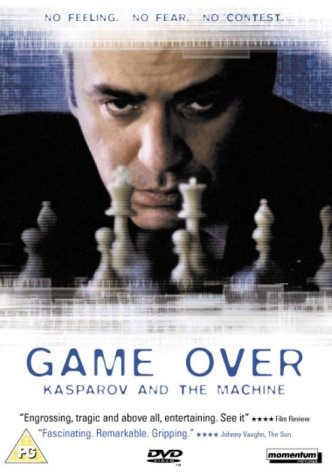
My interest in critical thinking games has spiked recently (probably cuz the law apps are in finally), specifically tower defense games, word games, and most recently chess and go. I watched the movie "Game Over: Kasparaov and the Machine" on a friend's recommendation, which kinda got me excited about chess and go, and I figure/feel both are something I wanna get at least pretty good at (along with the word games, eventually... ). I think, or at least I bet, that these skills are relatively transferable to every day scenarios, specifically with the planning ahead / big picture predictability of certain scenarios, which I'm admittedly pretty poor at.
After playing Go for about 3 hours the other night, I found out that there are a lot of things going on at once, and that I currently suck at it. Apparently there is a steep learning curve, and just like chess in the old USSR, the Chinese would send their kids away to school at a very young age, where whey would study the game for over 10 hours a day!
I started with a java tutorial that was pretty good for the basics. After that, if you're not frustrated to shit, there is a great tutorial program called The Many Faces of Go, which you can download for free here. There's also an

The history of the game is quite cool, and I'm sure Wikipedia does a better job of it than I would here.

Anyway, on a psychological / cognitive science level, there is some evidence that chess and go activate different parts of the brain, with go being more right hemisphere heavy. Moreover, perhaps predictably, these types of leisure games do seem to fight off (correlationally for now at least - there are definitely social aspect ties here) dementia and even Alzheimer's, and I won't say that that isn't a small part in my motivations for studying these things, despite the years I have left to go crazy. However, with 30-50% of the western population diagnosed with some sort of mental illness by the age of 32, Alzheimer's may be too forward thinking!



No comments:
Post a Comment